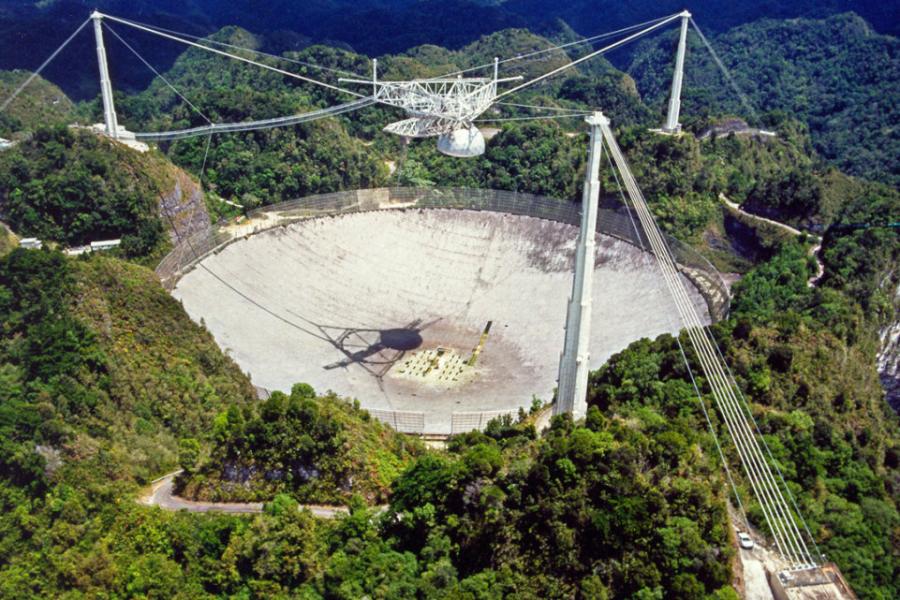
Astronomer paints vivid history of Arecibo Observatory
In a new book, Donald Campbell, Ph.D. ’71, professor emeritus of astronomy, recounts the history of Arecibo from construction to its last days under Cornell’s management in 2011.
Read more Department Homepage
Department Homepage
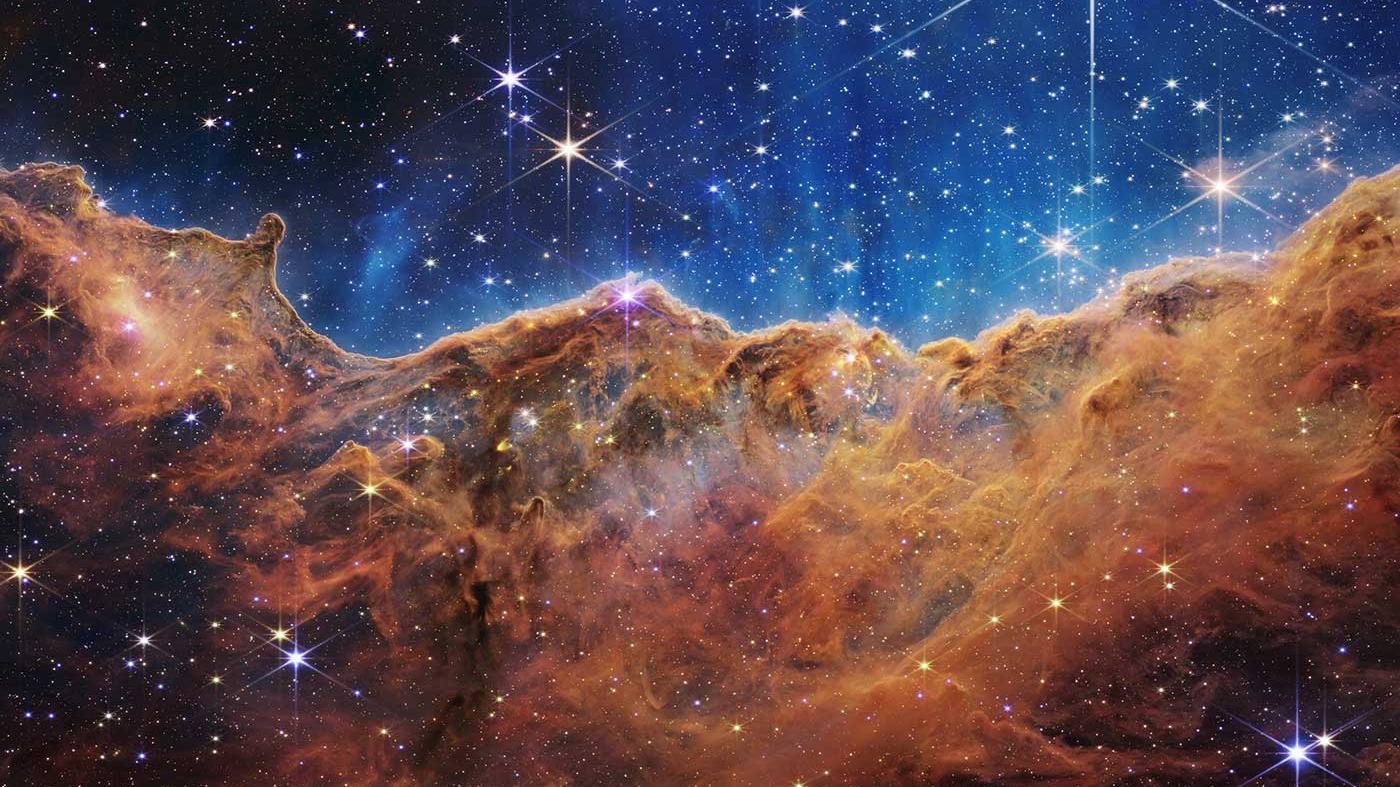

In a new book, Donald Campbell, Ph.D. ’71, professor emeritus of astronomy, recounts the history of Arecibo from construction to its last days under Cornell’s management in 2011.
Read more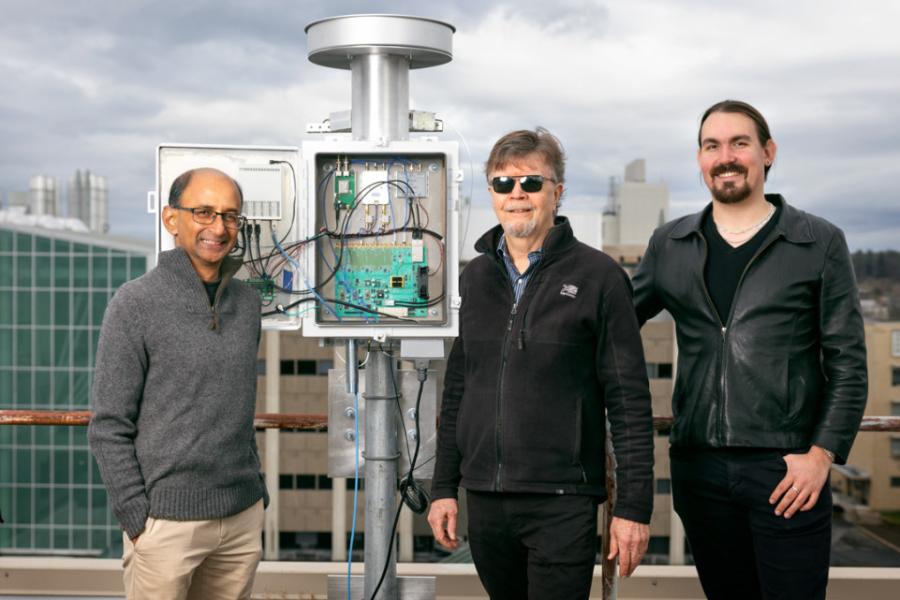
The Global Radio Explorer telescope is a series of eight terminals being built and tested at Cornell and the California Institute of Technology, and installed at locations around the world.
Read more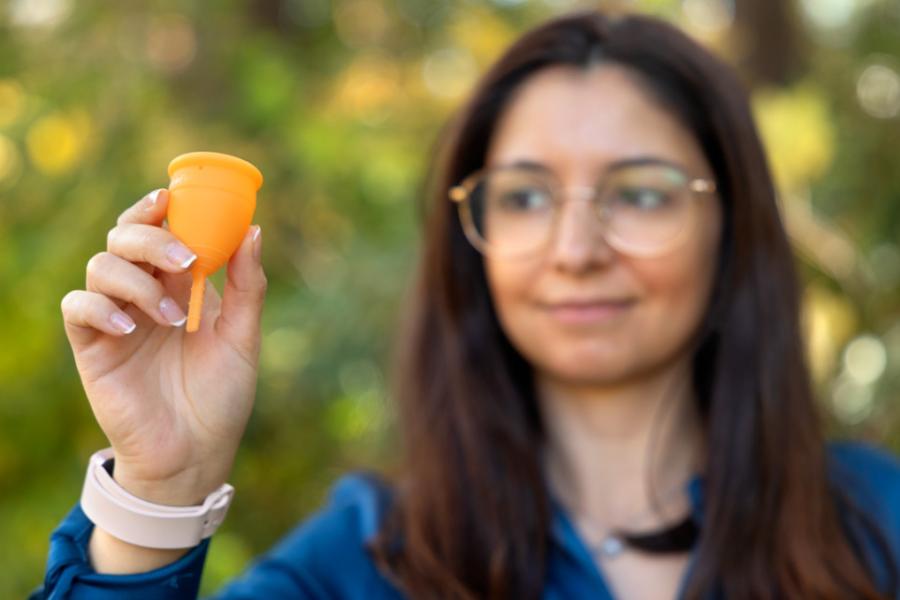
To equip astronauts with health choices for future missions, a Cornell postdoctoral fellow is leading research with AstroCup, a group that recently tested two menstrual cups in spaceflight as payload on an uncrewed rocket flight.
Read more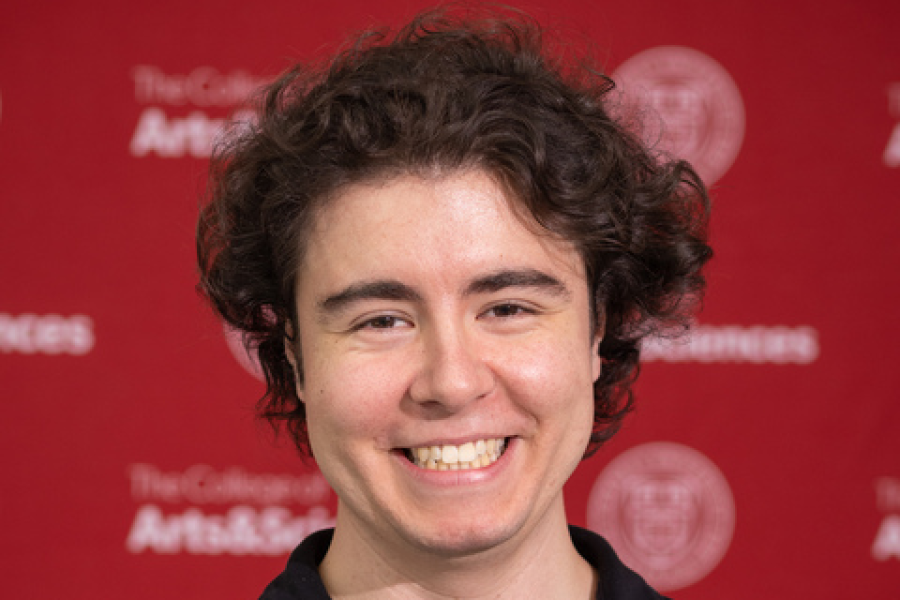
"Nexus Scholars was the first time where the only thing I had to worry about was research."
Read more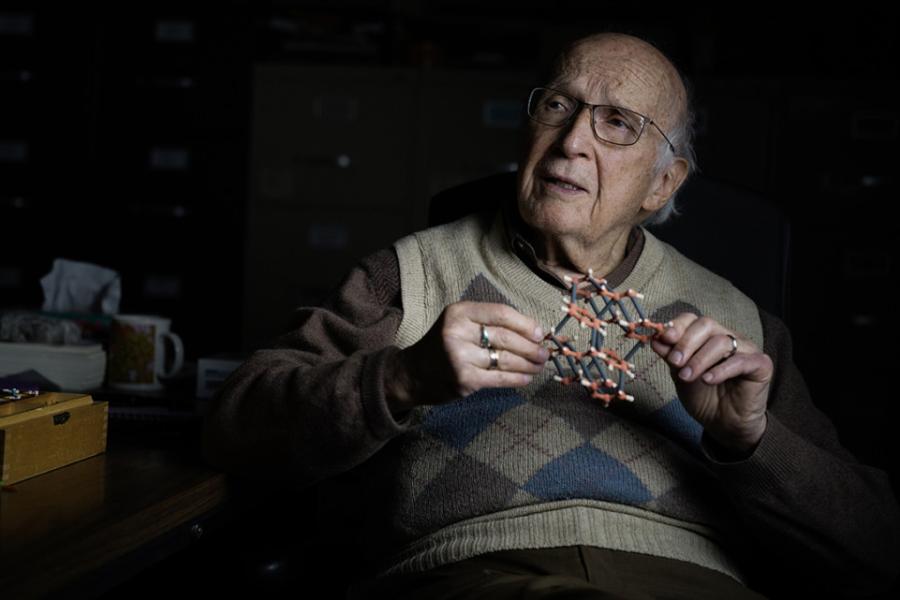
The portraits are part of a series by Christopher Michel, the National Academies of Sciences, Engineering and Medicine’s inaugural artist-in-residence.
Read more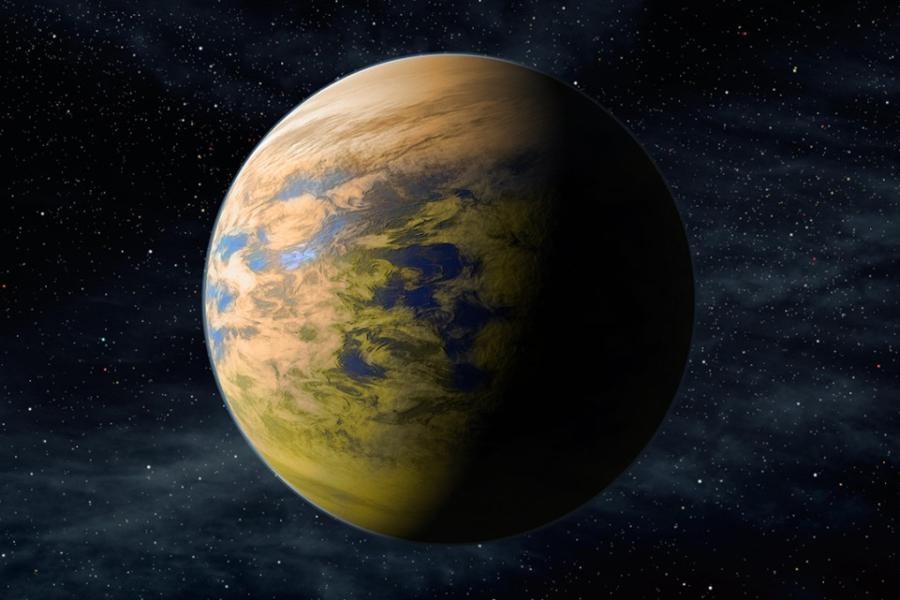
Cornell researchers have created the first reflectance spectra – a color-coded key – of microorganisms that live in the clouds floating above Earth’s surface.
Read more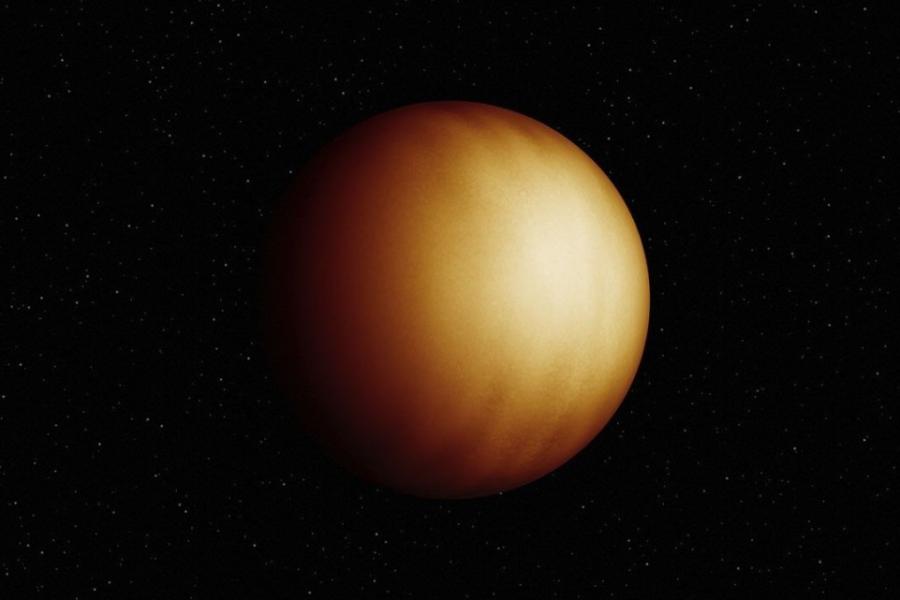

Astronomers have generated the first three-dimensional map of a planet orbiting another star, revealing an atmosphere with distinct temperature zones – one so scorching that it breaks down water vapor, a team co-led by a Cornell expert reports in new research.
Read more
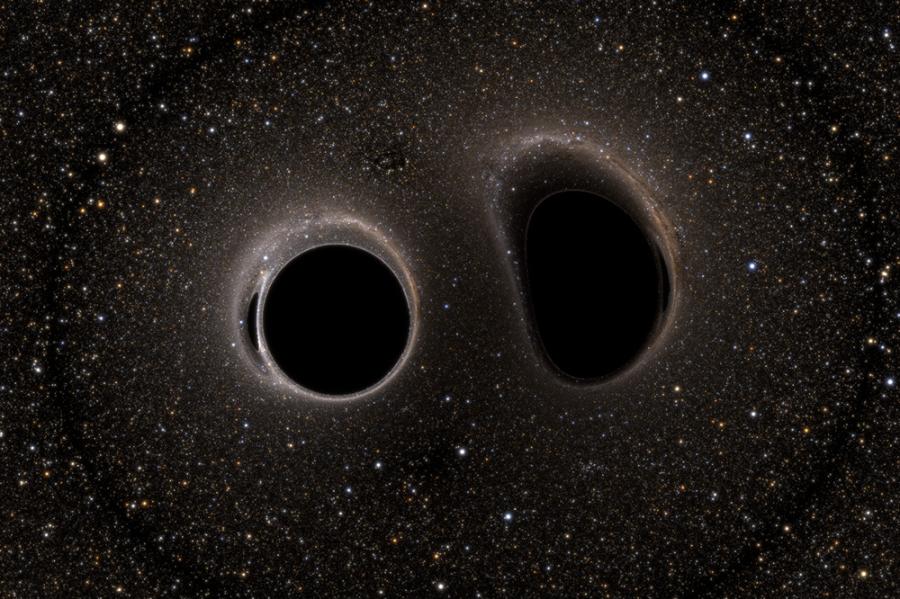
These simulations, developed with significant input from Cornell researchers using code written at Cornell, help scientists analyze gravitational waves observed by the LIGO, Virgo and KAGRA detectors located in the U.S., Italy and Japan.
Read moreTogether the Department of Astronomy and Cornell Center for Astrophysics and Planetary Science represent one of the world’s leading institutes for space science with over 110 active researchers. Research emphases include cosmology, solar system exploration, exoplanet science, and fundamental astrophysics. Graduate students, early career researchers and undergraduates, are actively engaged in current NASA missions, NSF consortia, and CCAT-Prime/FYST. The department and center also run an extensive and robust outreach program to the broader community.
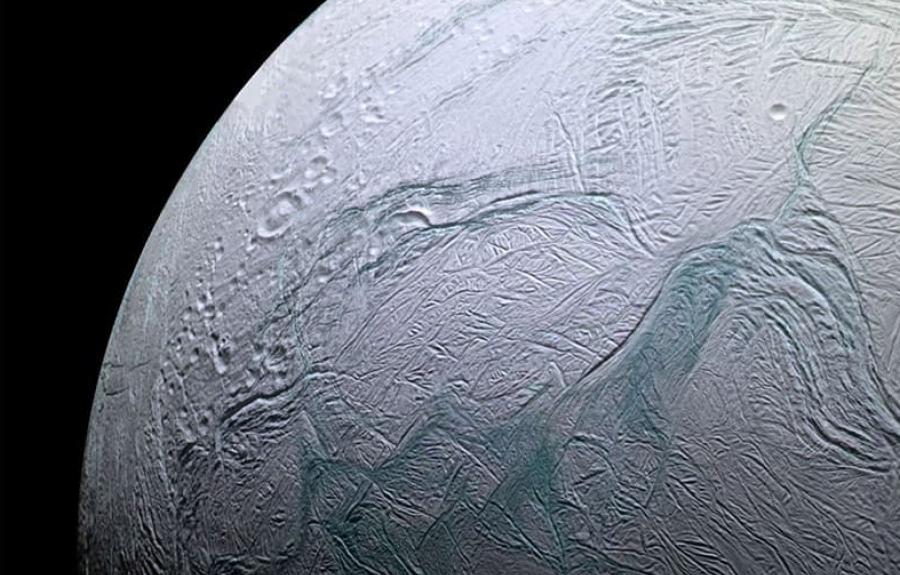
The Department of Astronomy is a leading center of astrophysics and planetary science research.
Visit CCAPS, the Cornell Center for Astrophysics and Planetary Science
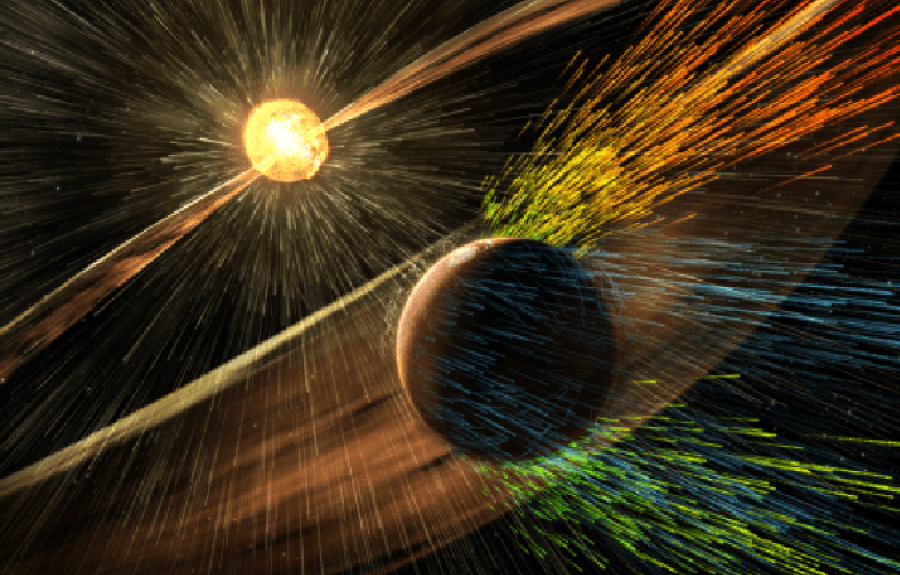
Universe Today reports "New research titled “Metal pollution in Sun-like stars from destruction of ultra-short-period planets” suggests that rocky planets are the source of these discrepancies. The authors are Christopher E. O’Connor and Dong Lai from Northwestern University and Cornell University, respectively." Read the full story here.
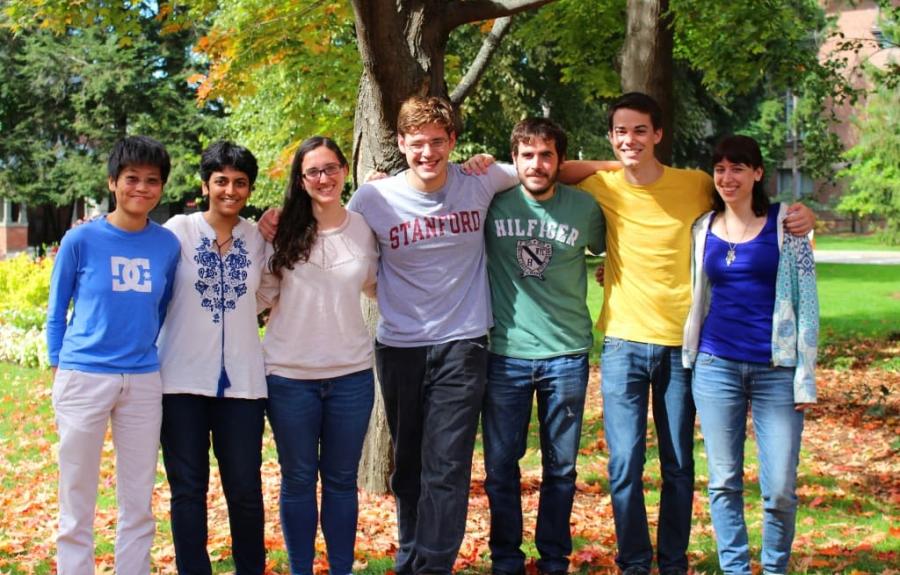
The Astronomy Major at Cornell University is designed to be flexible so that it can be customized to the needs of each student.
Learn about the undergraduate program
Astronomy offers a wide variety of world-class research opportunities in astronomy, astrophysics and space science, with strong multidisciplinary connections, and a friendly and supportive atmosphere.
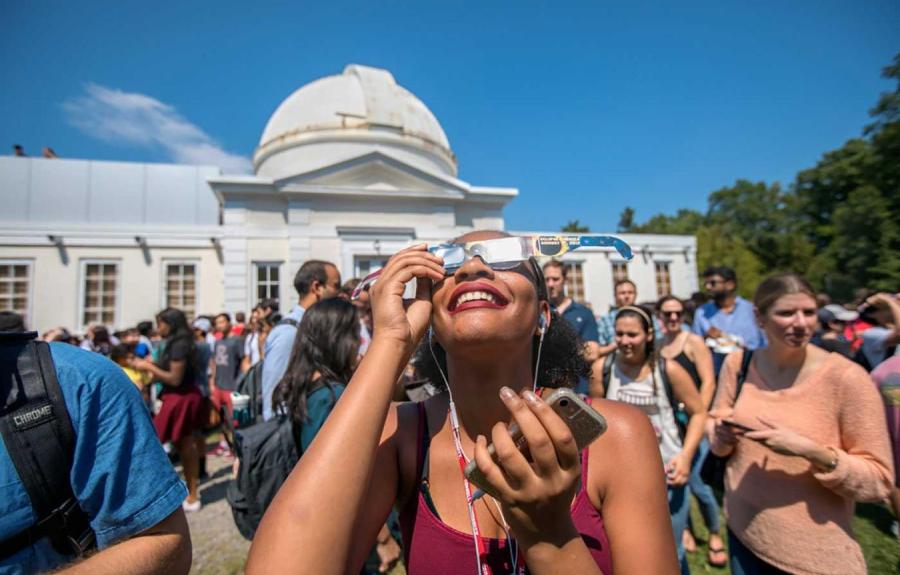
In the spirit of the renowned Cornell Professor Carl Sagan, the Department of Astronomy reaches beyond campus in numerous ways. The Spacecraft Planetary Image Facility (SPIF) is a repository of spacecraft data, a facilitator of research, and a hub for PreK-12 education and public outreach activities. Ask an Astronomer has been answering questions from the curious since 1997. The Cornell Astronomical Society conducts viewing nights at the Fuertes Observatory and offers educational programing to the public.